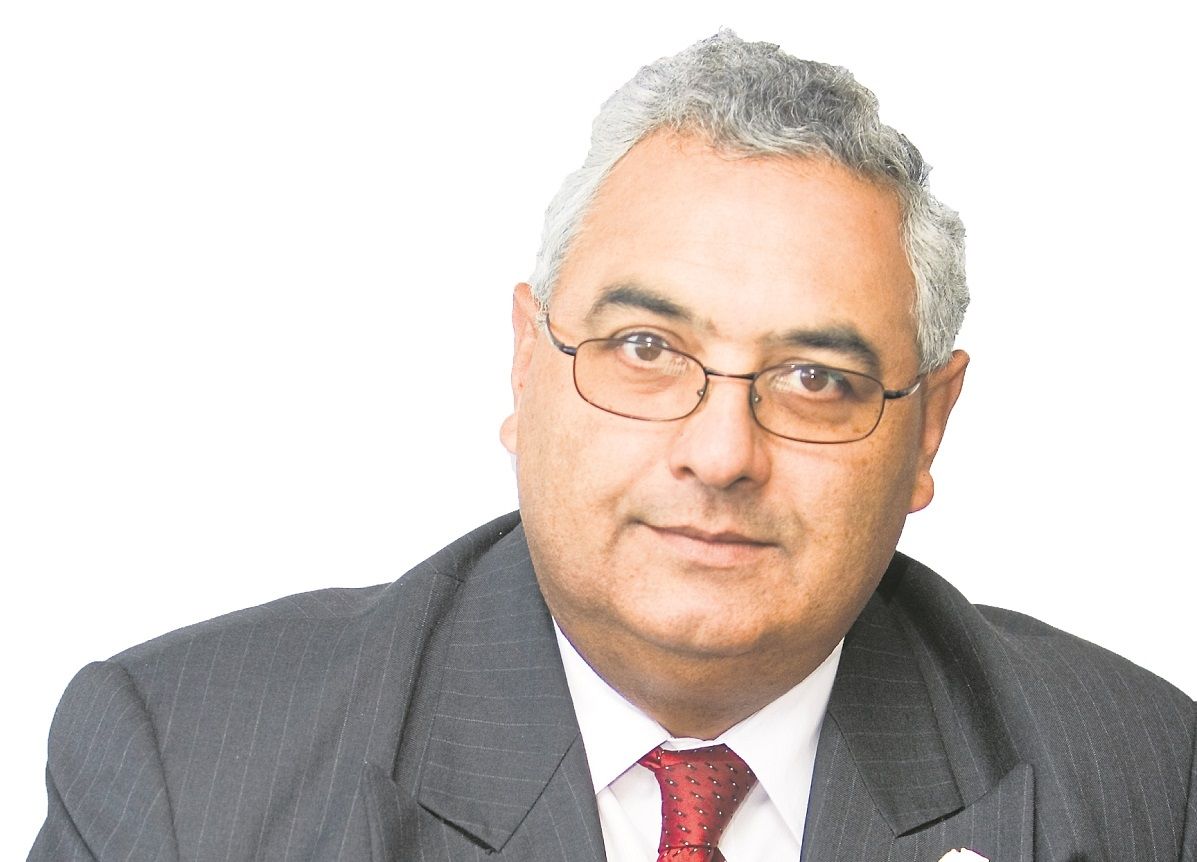Renewable energy is still finding its way as a cheap, sustainable energy source, though it accounts for around 20 percent of the energy mix in Europe.
Competition is rife
Within the industry itself, there are many smaller sub-sectors competing. At an aggregate level, they have to battle with the conventional sources of energy that – still primarily oil, gas and coal.
For the electricity market, it is largely up against coal and gas. The challenge is knowing which of these sub-sectors is the sustainable option. The wind industry looks promising – giving it a lot of attention lately. To confirm that, regulators juggle with legislation and frameworks needed to provide market certainty.
New challenges ahead
Recent geopolitical turns at the northern EU border paint a new picture for renewables. The major driver that was more or less moving towards a green economy has now been replaced by the discussion of an energy security gap that needs to be filled – due to the Ukraine crisis. If you are not aware, the EU imports 53 percent of its energy at an estimated 1 billion Euros a day.
To meet this sudden demand, the industry (particularly the wind farms) must develop a robust growth strategy. The British Chamber suggests a strategy that would ensure the industry easy transition to being market driven, while sustaining supply and attracting adequate private investment.
Ripe for growth
While our strategy does not address issues such as supply chain and cost efficiency, it does not mean that we do not acknowledge them. We know that a constant pipeline for example will strengthen the supply chain, drive down cost and increase efficiency.
These are challenging but also very interesting times for the energy market and renewable energy industry in Europe and companies should take advantage of it. The time is ripe for growth since governments have now decided that it is time to act.
Read the British Chamber White Paper at:bit.ly/1KrHGam.















